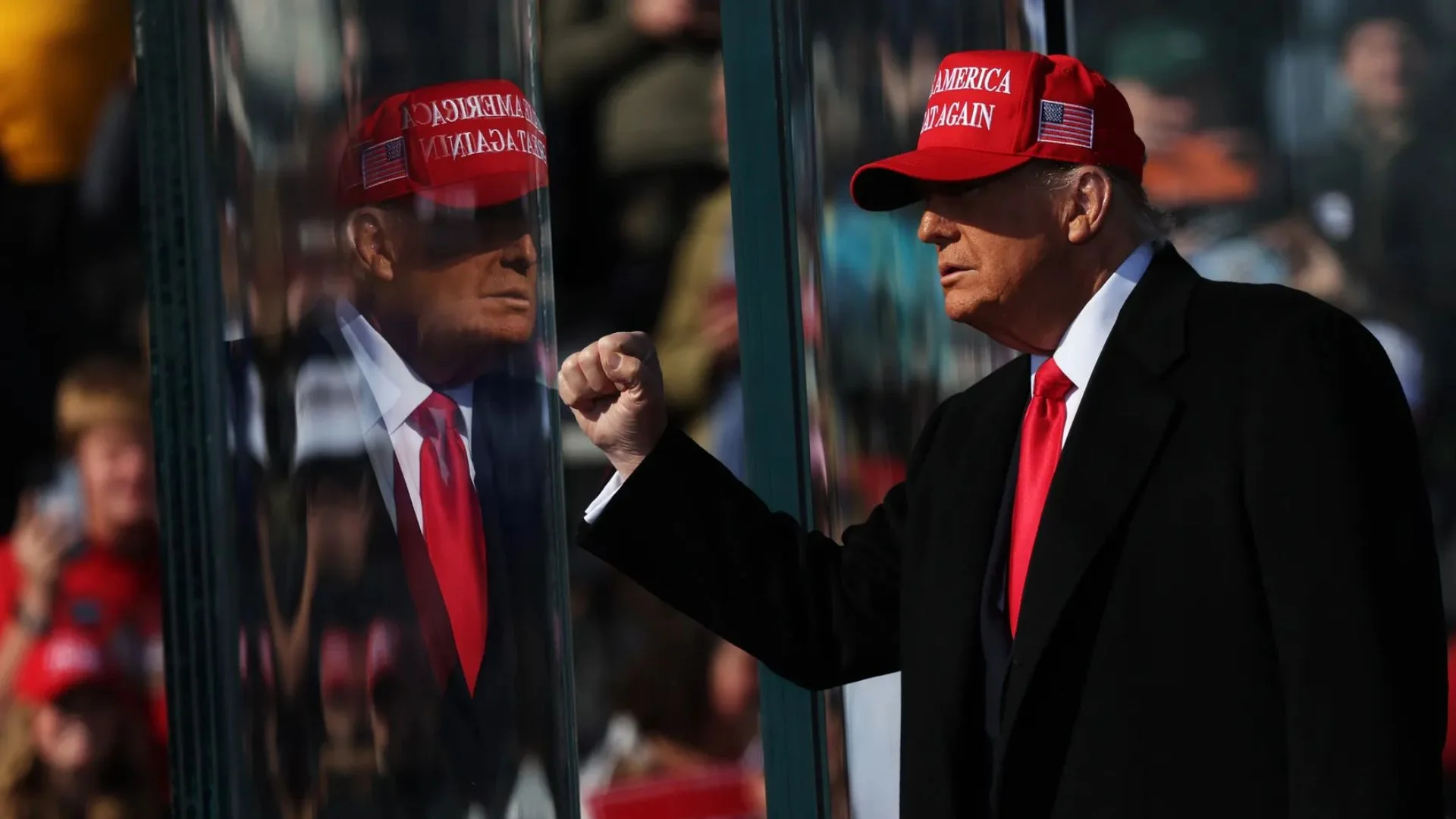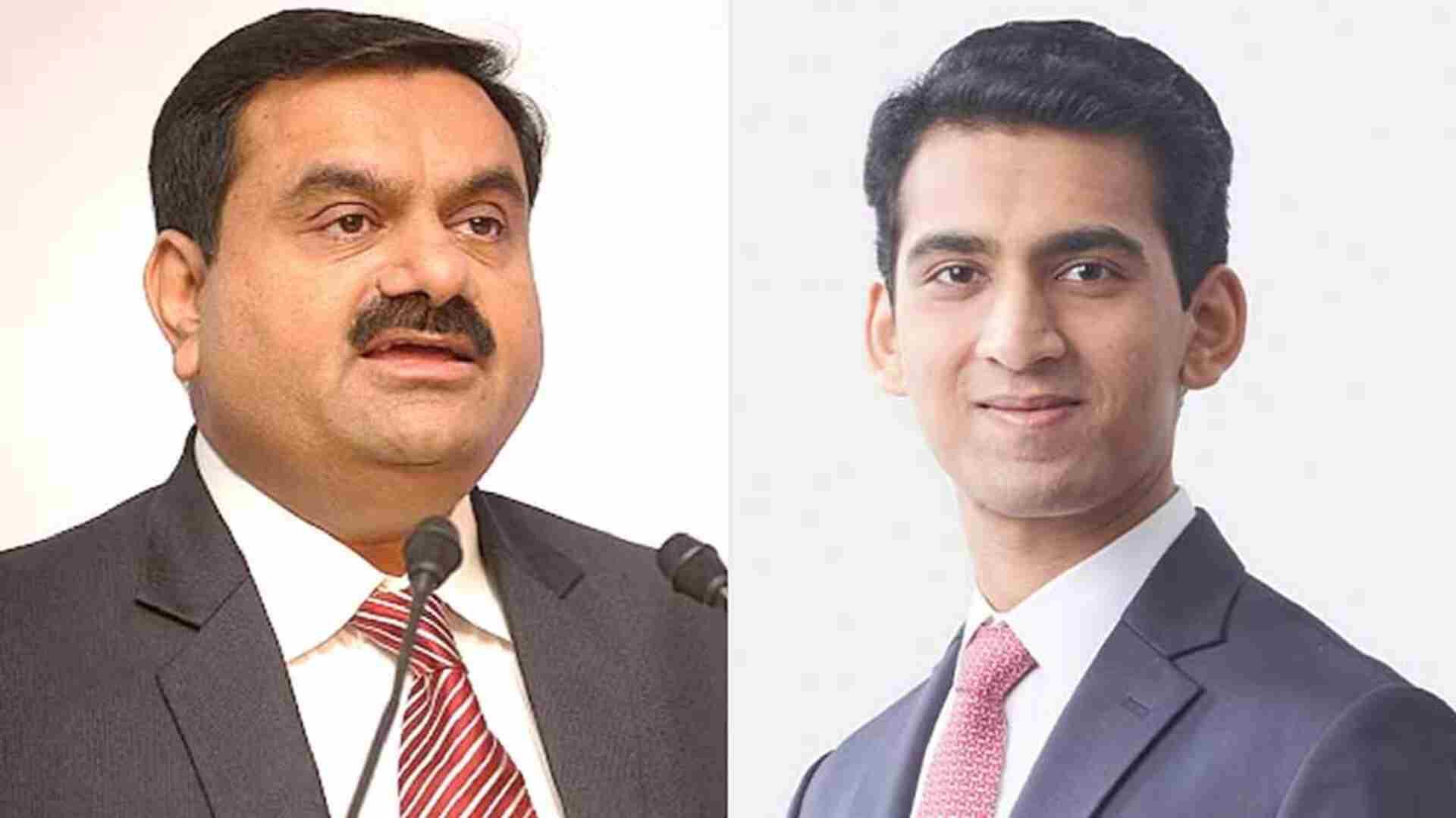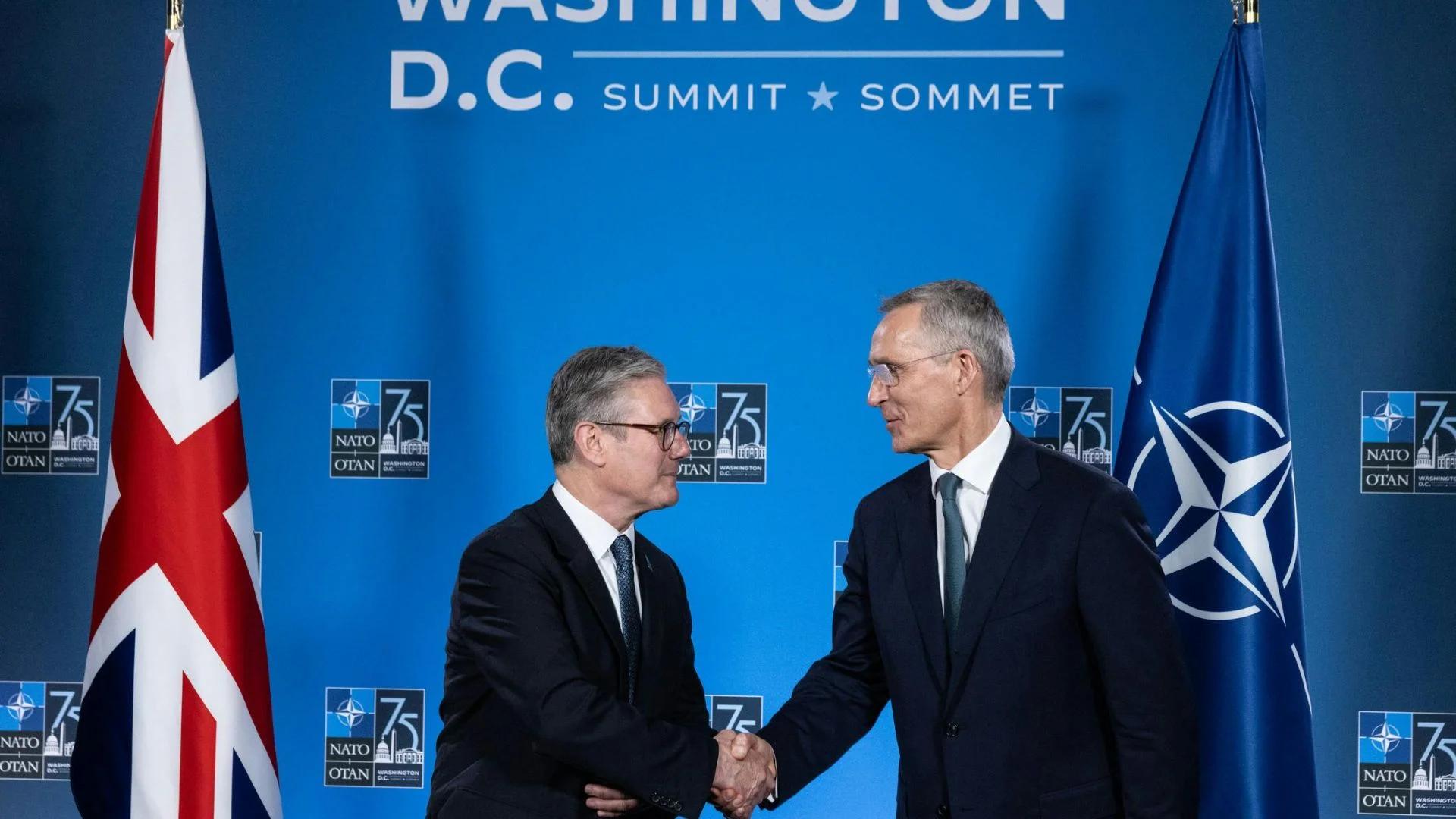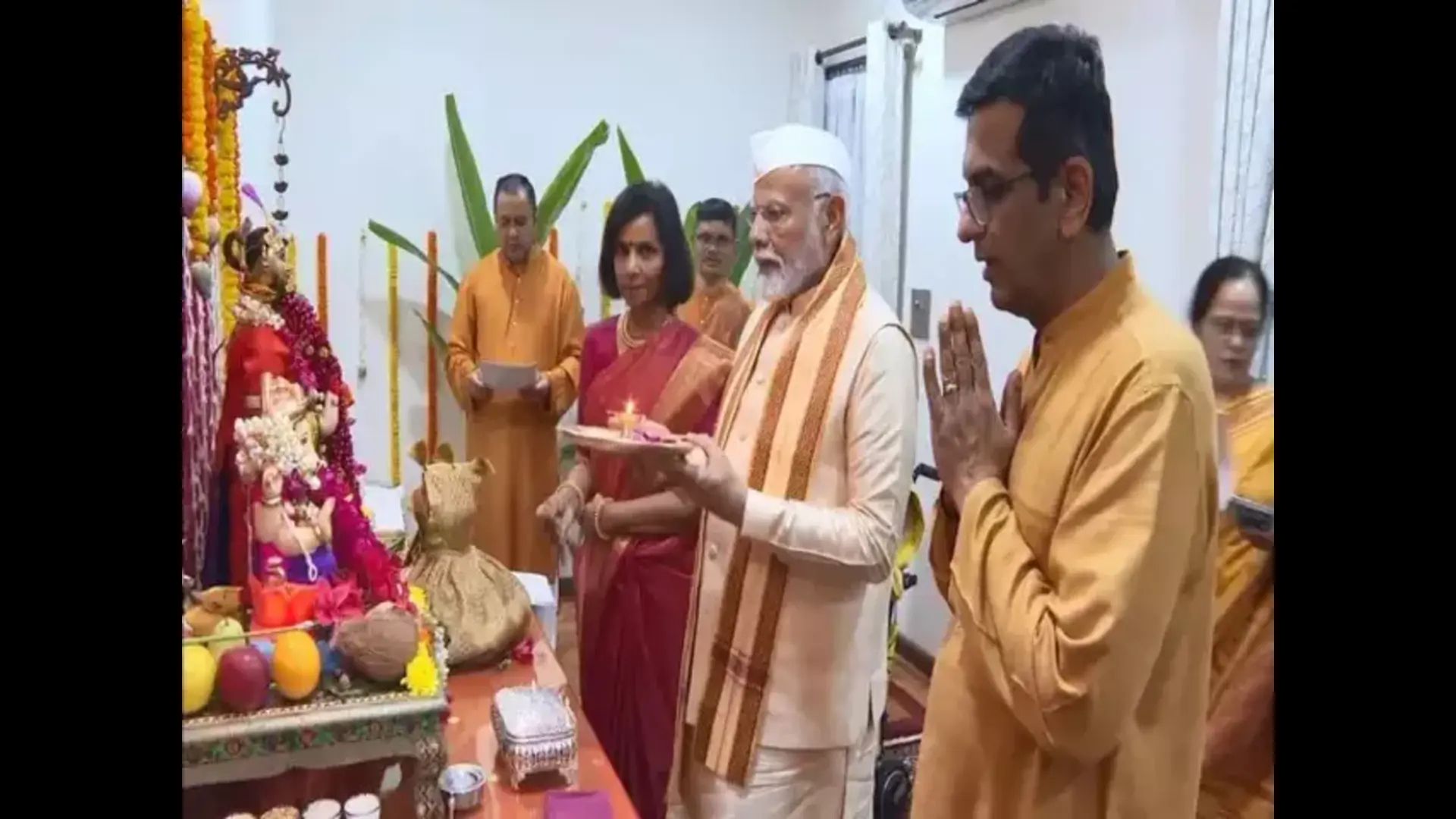
In the wake of Donald Trump’s surprising election victory, Elon Musk credited Trump’s willingness to participate in unfiltered, lengthy podcast interviews for his success, highlighting a recent three-hour appearance on “The Joe Rogan Experience”. Speaking with Tucker Carlson, Musk praised Trump’s openness, contrasting it with Kamala Harris’s campaign style. According to Musk, such interviews allowed voters to see Trump’s personality more authentically.
Musk noted that appearances on popular shows, including Rogan’s and other influential podcasts like Lex Fridman’s and “The All-In Podcast”, created a sharp contrast between Trump’s genuine conversations and Harris’s more rehearsed approach. Harris, alongside running mate Tim Walz, did engage in some podcast appearances, including “Call Her Daddy”, where she discussed social issues like abortion. However, she notably declined Rogan’s invitation, reportedly objecting to the length and location of the proposed interview.
Musk alleged that Harris’s refusal to appear on Rogan’s show revealed her hesitancy to engage in unscripted discussions. “Nothing would have harmed Kamala’s campaign more than a three-hour Rogan interview,” Musk said, suggesting she’d struggle to maintain spontaneity over that duration.
On the other hand, Rogan’s interview with Trump at Mar-a-Lago was marked by friendly exchanges and even humor. Rogan complimented Trump’s “comedic instincts” and credited the former president’s unscripted style as a standout feature in a political landscape often filled with rehearsed sound bites.
As Harris’s campaign chose television interviews with news outlets like “60 Minutes”, Musk noted that Trump, while avoiding certain press challenges, prioritized media platforms known for friendly coverage, including Fox News and Newsmax. Rogan also endorsed Trump on the eve of the election, following an interview with Musk, who warned that X could be at risk if Harris were elected.
Shannon C. McGregor, a journalism professor, supported the value of podcasting for providing insights into candidates’ personalities, particularly for audiences less engaged in traditional political discourse. McGregor remarked that podcasts gave voters a deeper look into candidates, more so than conventional televised interviews, which tend to focus on rehearsed statements and polished talking points.















